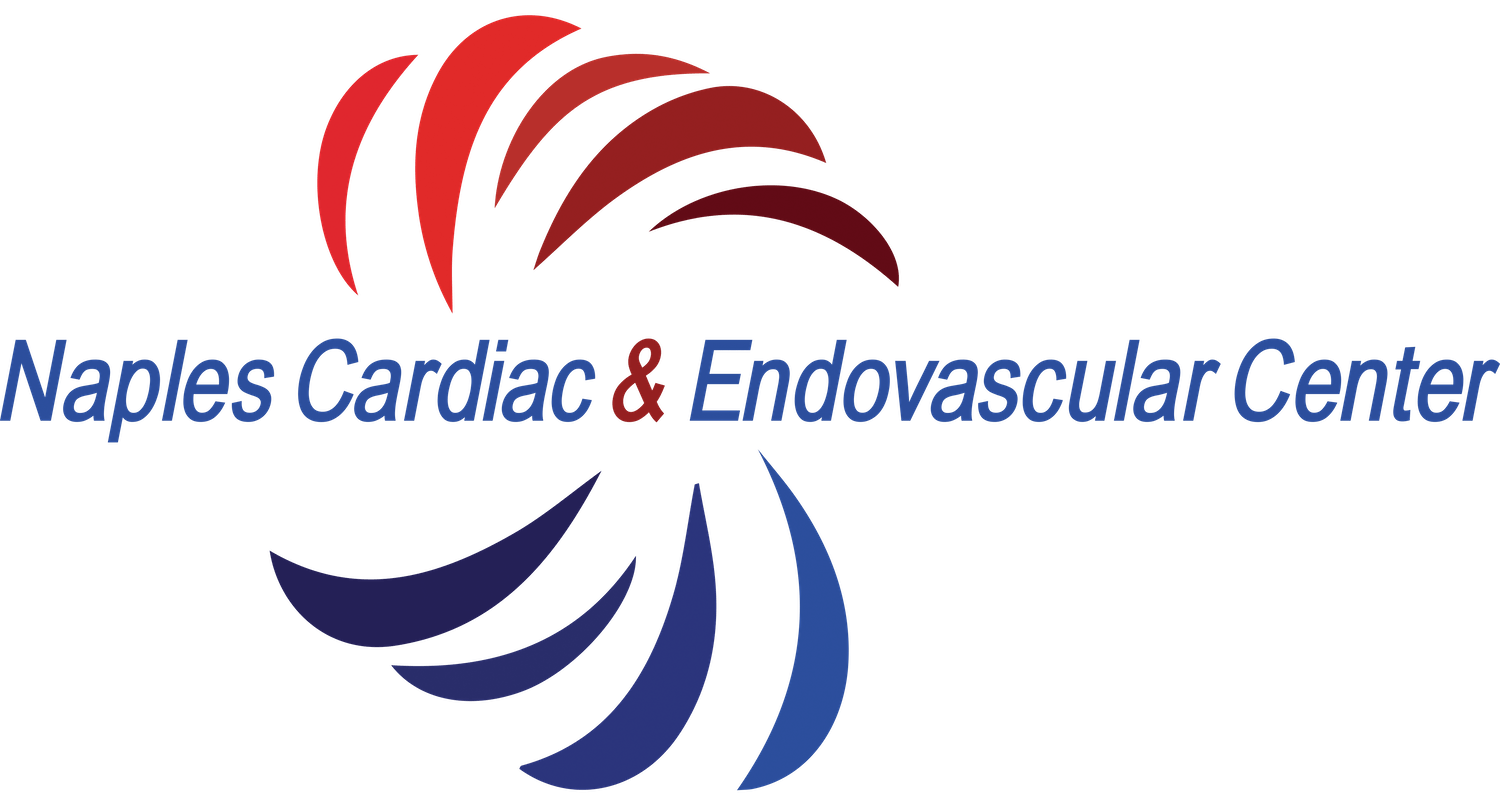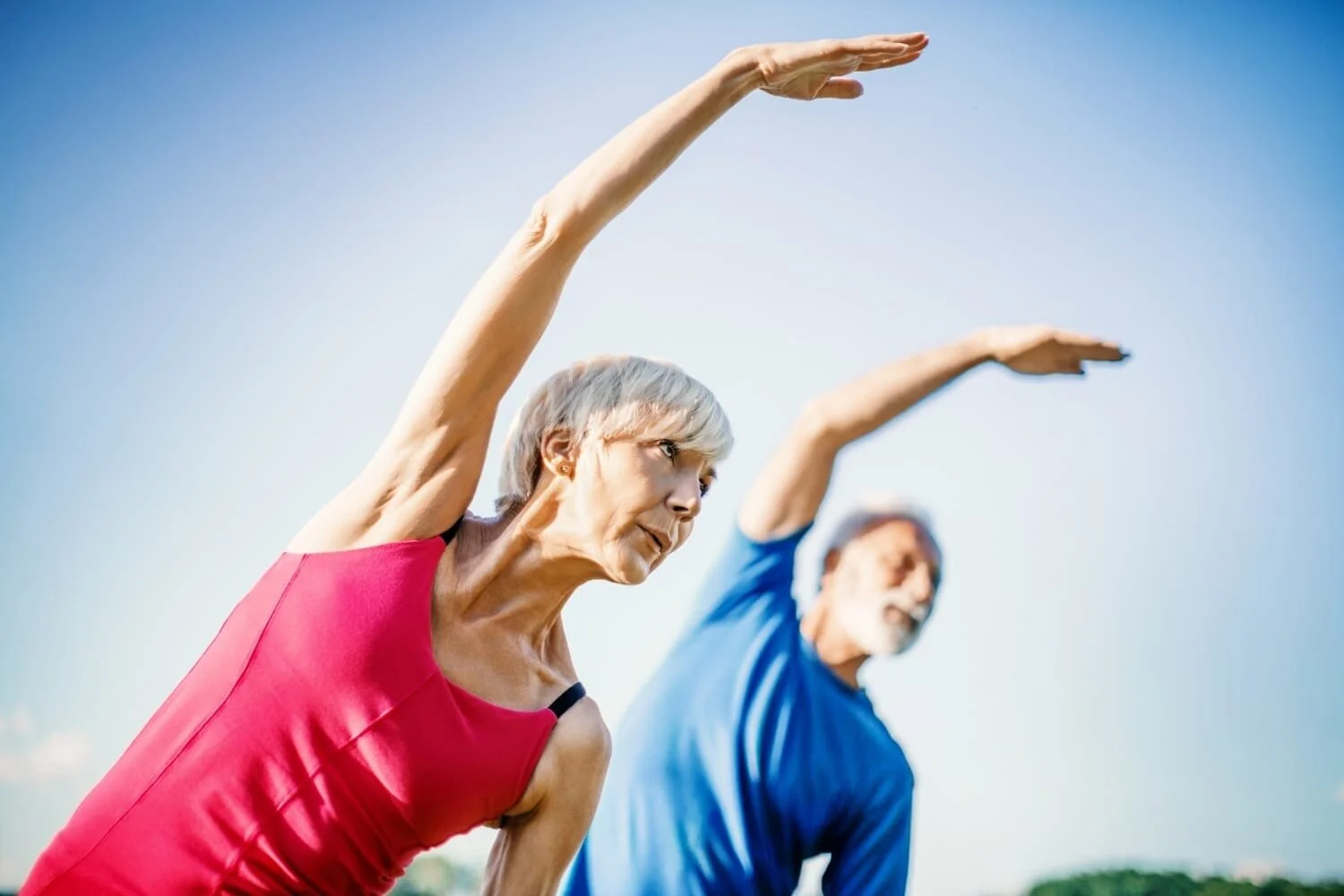Varicose Veins Exercises
There are certain factors, or circumstances, by which there is a higher incidence of varicose veins. These include family history, older age, female gender, being overweight or obese, prior vein trauma, and standing or sitting stationary for long periods of time. For those who may be suffering with the swelling, pain and throbbing of varicose veins, or for those trying to prevent varicose veins, exercising may provide benefit.
What types of exercises for varicose veins are best? Are there any exercises to avoid varicose veins? Read about the do’s and don’ts of exercises to help and prevent varicose veins.
The Do’s:
Low-impact aerobic exercise: This includes walking, swimming, or biking, including standard or stationary bike. These types of exercises are excellent for cardiovascular health, helping the veins move blood with the compression of the veins to move blood. In addition, aerobic exercise is good for conditioning and can help with weight loss for those that are overweight or obese. Aerobic exercises should take place from 4-5 days per week for at least 30 minutes.
Bodyweight exercise: Great examples of bodyweight exercises are bicycle kicks, legs lifts, and toe to heels. Bicycle kicks and leg lifts are performed while laying on the floor.
With bicycle kicks, bend the hip slightly and perform a motion of bending and straightening the hip and knees, much like riding a bicycle. The exercise can be done with both legs at the same time, or each leg separate. Try to do 20 motions on each leg for three different sets.
With leg lifts, keep the legs straight and slowly raise the leg as high as possible, pause and then lower the leg back to the ground. Try to do 20 leg lifts on each leg for three different sets.
With toe to heel, this exercise can done with either sitting or standing and is ideal for work or travel. Start with pressure on the toes and slowly move back to the heels, which allows for the calf muscles to contract. Perform this action 20 times each 30-60 minutes while sitting or standing for longs periods
The Don’ts:
Increase abdominal pressure: This increase of pressure in the abdomen can increase pressure in the veins, worsening varicose veins. These types of exercise include any heavy lifting, squats, lunges, sit-ups, and crunches.
Starting an exercise regimen is important for multiple health benefits, but is also helpful to prevent or treat symptoms of varicose veins. Slowly start your exercise program and perform the exercises that best suit your physical health. If there are concern for starting a new exercise regimen, please see your physician.
About varicose veins
Veins, the portion of the circulatory system that carries blood without oxygen to the heart from the body tissues and organs. Veins have narrow walls and are relaxed, flaccid tissue. For this reason, veins have valves that open to allow blood to move through and close to prevent blood from flowing in the opposite direction. The muscles of the body contract to press on the vein, moving the blood toward the heart. The valves can fail to open and close properly, the vein wall can become weak, or both, which may result in blood collecting within the vein, stretching the vein. This results in the large, purple, twisted, and engorged veins, that we know of as varicose veins.
Talk to a Vein Specialist.
Speak with our team of board certified vein specialists in Naples, Florida. They will discuss your medical history, perform a thorough exam, and explain which measures you should take in order to delay the development of varicose veins, or help mitigate the symptoms by trying some varicose veins exercises.
To request a Varicose Vein consultation click below or call (239) 300–0586

